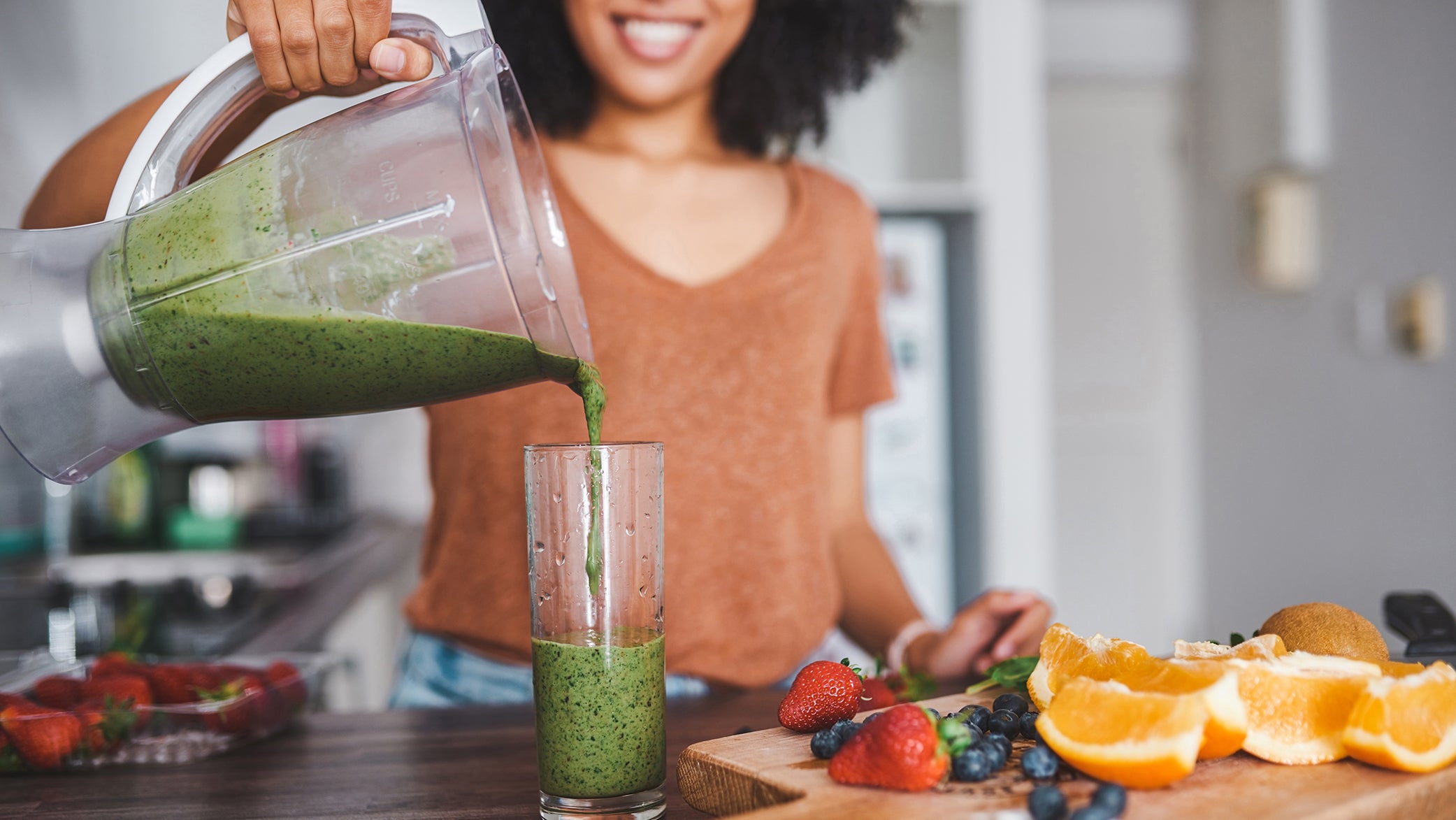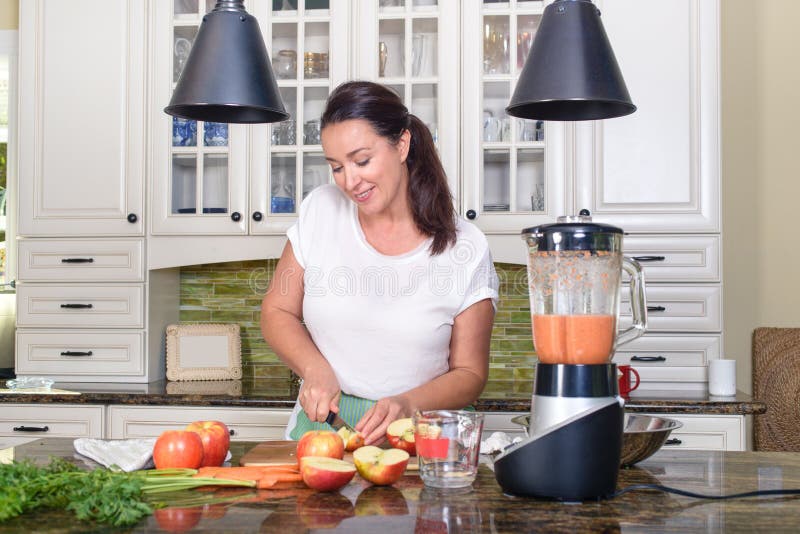In the world of culinary adventures, the decision between a blender and a mixer can be quite challenging. Both appliances hold a significant place in the kitchen, offering unique functionalities that cater to various cooking needs. Understanding the differences and benefits of each can help you make an informed choice for your culinary pursuits.
Choosing between a blender and a mixer often depends on your specific needs in the kitchen. Whether you’re a casual cook or a passionate foodie, knowing which appliance suits your recipes best is essential. Let’s dive into the details of these two kitchen marvels and uncover which one might be your culinary companion.

Understanding the Basics
What is a Blender?
A blender is a versatile kitchen appliance designed to mix, puree, or emulsify food and other substances. It is known for its ability to create smooth textures, making it perfect for smoothies, soups, and sauces. Blenders are equipped with a jar and a set of rotating blades at the bottom, which efficiently break down ingredients into a liquid form.
What is a Mixer?
A mixer, on the other hand, is primarily used for combining ingredients. It is especially useful in baking, where it can mix dough, whip cream, and beat eggs. Mixers come in various forms, including hand mixers and stand mixers, each offering different levels of convenience and functionality.
Key Differences between Blenders and Mixers
Functionality and Purpose
The primary difference between a blender and a mixer lies in their functionality. While blenders are designed for liquidizing and pureeing, mixers are intended for stirring, whisking, and kneading. This fundamental distinction influences the type of recipes each appliance is best suited for.
Design and Structure
Blenders typically have a tall, narrow design with a jar and a handle. The motor is located at the base, driving the blades to crush and blend the ingredients. Mixers, conversely, have a broader design with attachments that can be interchanged based on the task at hand.
Speed and Power
Blenders generally operate at higher speeds, allowing them to pulverize ingredients efficiently. Mixers, however, offer variable speeds suitable for different mixing tasks, from slow stirring to rapid whipping.
When to Use a Blender
Smoothies and Shakes
If you’re a fan of creamy smoothies or protein shakes, a blender is your go-to appliance. Its powerful blades can crush ice and blend fruits to create a refreshing beverage.
Soups and Sauces
For homemade soups and sauces, a blender ensures a smooth and consistent texture. It can easily puree vegetables and other ingredients into a silky soup or a rich sauce.
When to Use a Mixer
Baking Needs
Bakers will find a mixer indispensable for their needs. From mixing cake batter to kneading dough, a mixer handles these tasks with ease, ensuring even consistency.
Whipping and Beating
Whipping cream or beating eggs to a fluffy consistency is a breeze with a mixer. Its attachments, such as whiskers, are designed for such tasks.
Advantages of Blenders
Blenders offer numerous advantages, including the ability to create healthy drinks and purees quickly. They are also easy to clean and store, making them a convenient option for everyday use.
Advantages of Mixers
Mixers provide versatility in baking and cooking. With various attachments, they can perform multiple functions, from kneading dough to grinding meat. They are robust and durable, making them a long-term kitchen investment.
Choosing the Right Appliance for Your Needs
When deciding between a blender and a mixer, consider your cooking habits and the types of recipes you frequently prepare. If you enjoy making smoothies, soups, or sauces, a blender is ideal. However, if baking is your forte, a mixer will be more beneficial.
For those looking to explore further, here are some recipes that could help you decide: Asian Casserole and Mac and Cheese.
Conclusion: Making the Right Choice
Ultimately, the choice between a blender and a mixer comes down to personal preference and cooking style. Both appliances are valuable additions to any kitchen, offering unique benefits that cater to different culinary needs. By understanding their functions and advantages, you can make an informed decision that enhances your cooking experience.
For additional insights, explore this guide on when to use various types of blenders.

Frequently Asked Questions
Can a blender replace a mixer?
While a blender can perform some mixing tasks, it is not a complete substitute for a mixer, especially in baking where specific textures and consistencies are required.
Is it worth having both a blender and a mixer?
Yes, having both appliances allows for greater versatility in the kitchen, catering to a wide range of culinary tasks.
What is the best type of blender for smoothies?
A high-speed blender with strong blades is ideal for making smoothies, ensuring a smooth and creamy texture without chunks.
This article contains affiliate links. We may earn a commission at no extra cost to you.

